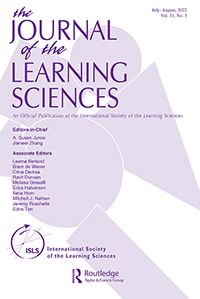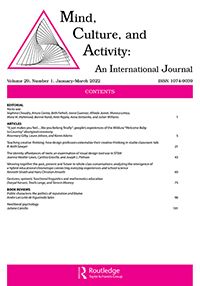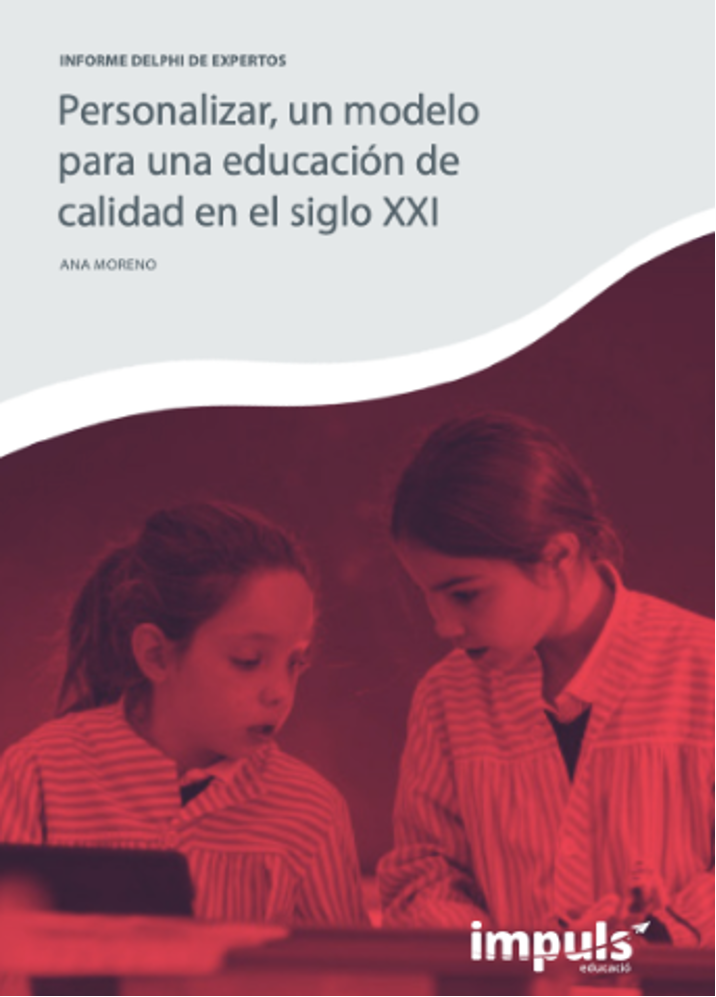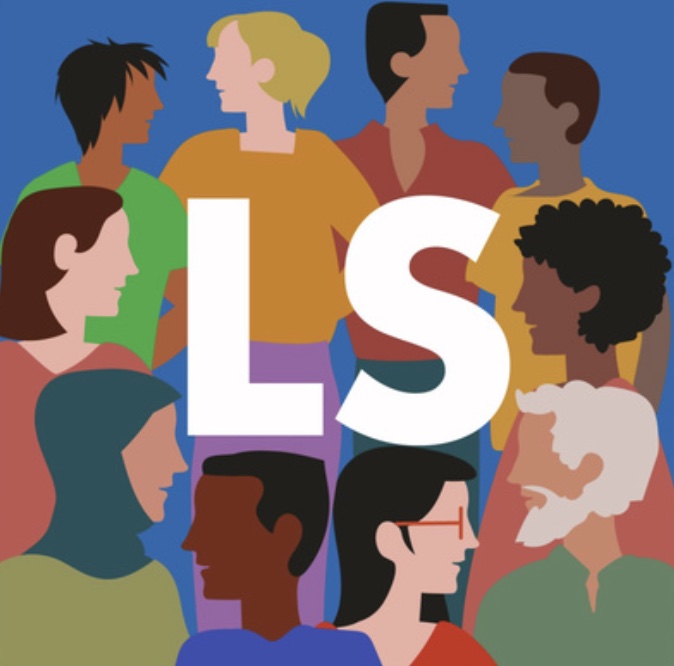Artículo: Invoking student resources in whole-class conversations in science education: A sociocultural perspective
El siguiente artículo aborda de qué manera la introducción de los recursos de los estudiantes (experiencias e ideas cotidianas) al diálogo de la clase pueden convertirse en un medio para apoyar el aprendizaje. Resumen Background: While much literature has argued for the value of carefully designed instructional units building on student resources, less work details how students’ own invocation of experiences and ideas from their everyday lives plays out in naturalistic classroom dialogues. Employing a sociocultural and interactional approach, this article illuminates how student resources become mediational means in ways that support learning. Methods: The empirical basis constitutes whole-class conversations involving [...]








